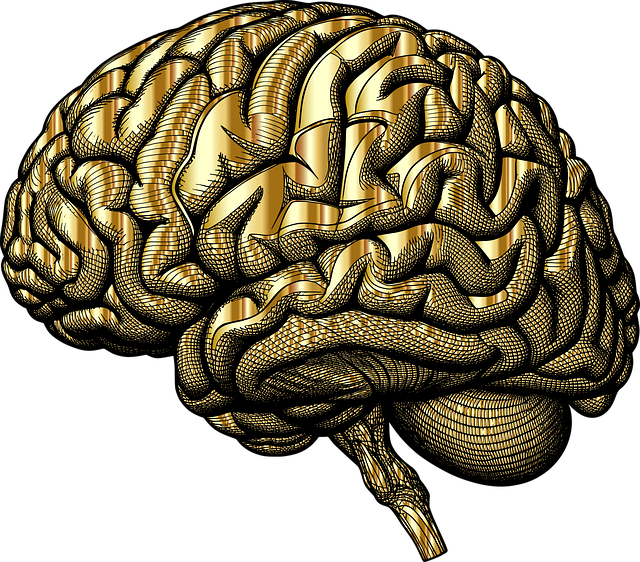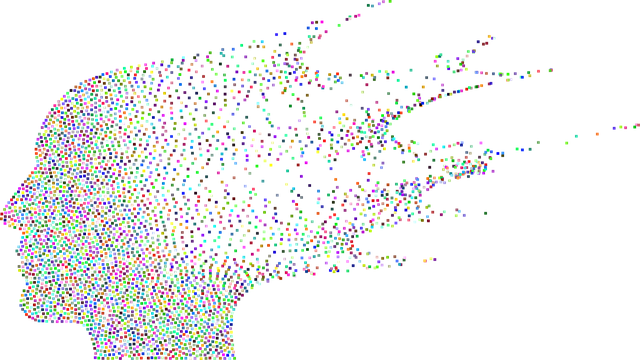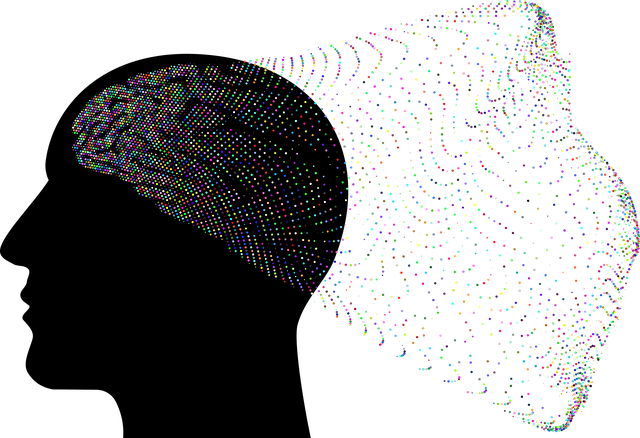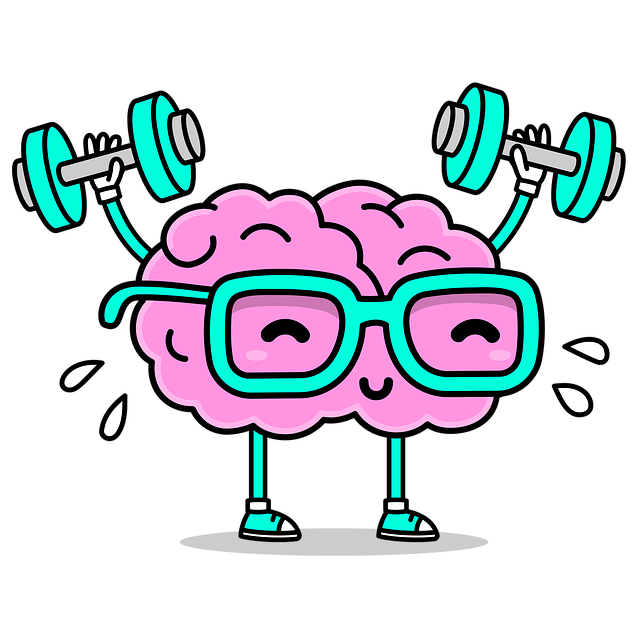Mental health professionals face high misdiagnosis rates (up to 40%) due to complex symptom presentations, comorbidities, and cultural barriers. Advanced technologies and innovative tools like Centennial Chronic Pain Therapy are transforming diagnoses for conditions like chronic pain. This therapy combines state-of-the-art methods with patient experience insights, while specialized training for professionals emphasizes the interplay between physical and psychological symptoms. Supportive healthcare institutions encourage collaborative efforts through open case discussions and educational resources, ultimately improving diagnosis accuracy and personalized care.
In an era where mental health awareness is escalating, improving diagnosis accuracy remains a critical focus. Misdiagnosis rates in mental illness are unacceptably high, with various factors contributing to this challenge. This article explores innovative solutions, including advancements in assessment tools and techniques, to enhance diagnostic accuracy. We delve into the importance of training and support systems for healthcare professionals, highlighting their role in providing effective treatment for conditions like Centennial Chronic Pain Therapy.
- Understanding the Challenges: Misdiagnosis Rates and Factors Affecting Accuracy in Mental Health
- Innovative Approaches: Advancements in Assessment Tools and Techniques for Improved Diagnosis
- Training and Support Systems: Equipping Professionals to Enhance Diagnosis Accuracy and Patient Care
Understanding the Challenges: Misdiagnosis Rates and Factors Affecting Accuracy in Mental Health

Mental health professionals face significant challenges when it comes to accurate diagnoses, with misdiagnosis rates varying between 20% and 40%. This high rate underscores the need for improvement in mental illness diagnosis accuracy. Several factors contribute to these inaccuracies, including complex symptom presentations, comorbidities, and cultural barriers. For instance, chronic pain conditions, often overlooked or mismanaged, can be secondary symptoms of underlying mental health disorders, adding another layer of complexity. The approach to improving diagnostic accuracy should address these issues holistically, involving both patients and healthcare providers.
Centennial Chronic Pain Therapy emphasizes the importance of comprehensive assessments that integrate physical and psychological aspects of pain management. Additionally, Healthcare Provider Cultural Competency Training equips professionals with skills to navigate cultural nuances affecting patient presentation and communication. By fostering a culture of continuous learning and adaptability, mental health services can enhance diagnostic accuracy. Embracing Mind Over Matter principles, which focus on the power of cognitive and behavioral interventions, further strengthens these efforts, ensuring that patients receive personalized, effective care.
Innovative Approaches: Advancements in Assessment Tools and Techniques for Improved Diagnosis

In the quest for enhancing mental illness diagnosis accuracy, innovative approaches and advancements in assessment tools have emerged as powerful allies. One notable area of focus is the integration of advanced technologies and techniques that cater specifically to complex conditions like chronic pain. For instance, Centennial Chronic Pain Therapy has been at the forefront of these efforts, developing cutting-edge methods that go beyond traditional diagnostic practices. By combining state-of-the-art tools with a deep understanding of patients’ experiences, this approach aims to improve diagnosis and treatment planning, ensuring more personalized and effective care.
Furthermore, the implementation of Community Outreach Programs that incorporate Stress Reduction Methods and Self-Awareness Exercises has proven beneficial in early detection and management. These programs not only educate individuals but also foster an environment conducive to open dialogue about mental health. Through such initiatives, healthcare professionals can reach a broader population, enhancing overall diagnosis accuracy and accessibility to care.
Training and Support Systems: Equipping Professionals to Enhance Diagnosis Accuracy and Patient Care

Mental health professionals play a pivotal role in accurately diagnosing mental illnesses, and their skills and knowledge are continually being refined to improve patient outcomes. Training programs aimed at enhancing diagnosis accuracy often focus on expanding practitioners’ understanding of various disorders, including complex conditions like chronic pain. For instance, Centennial Chronic Pain Therapy has been at the forefront of these efforts, offering specialized training that equips professionals with the tools to navigate the intricate landscape of chronic pain syndromes. This includes learning to differentiate between physical and psychological components, as emotional intelligence and stress management are crucial aspects in accurately assessing and treating such conditions.
Support systems within healthcare institutions further contribute to this process by fostering an environment where practitioners can openly discuss challenging cases, receive feedback, and access ongoing educational resources. Such collaborative efforts not only improve diagnosis accuracy but also enhance patient care, ensuring that individuals struggling with mental health issues receive personalized, effective treatments tailored to their unique needs.
Mental illness diagnosis accuracy is a multifaceted issue that requires innovative solutions. By understanding the challenges, such as misdiagnosis rates and influencing factors, implementing advanced assessment tools and techniques, and providing comprehensive training and support systems, healthcare professionals can significantly enhance diagnostic accuracy. This improved accuracy paves the way for better patient care, especially in managing chronic conditions like Centennial Chronic Pain Therapy. Ultimately, these efforts contribute to a more effective and compassionate mental health care system.














